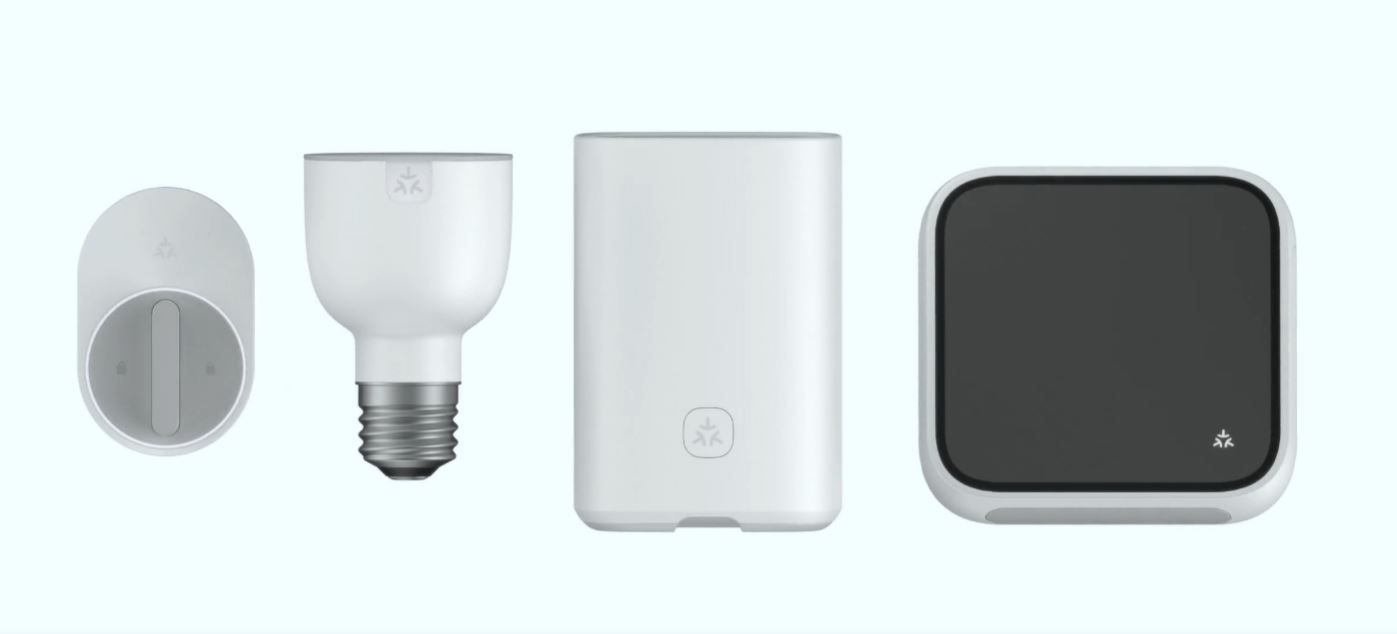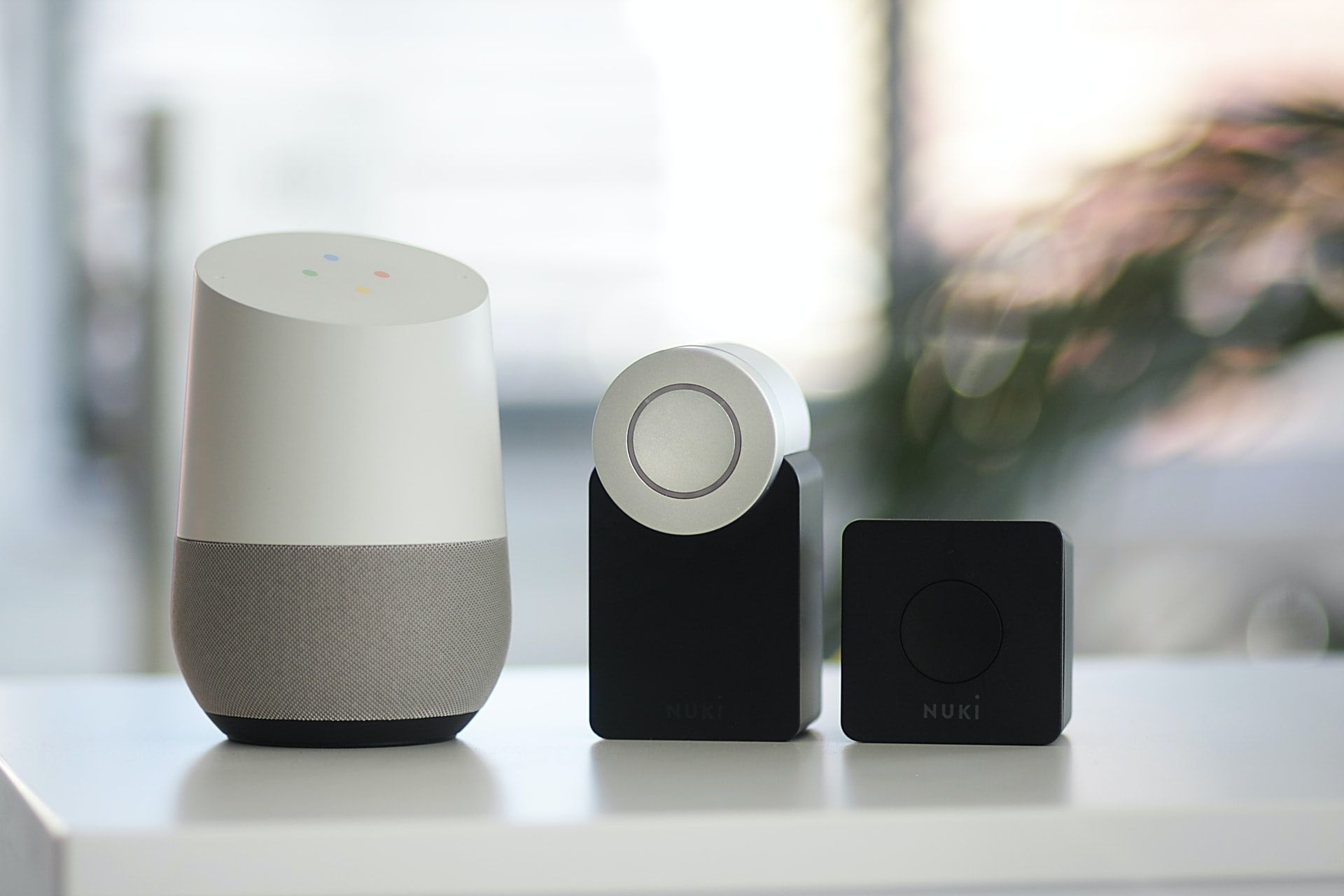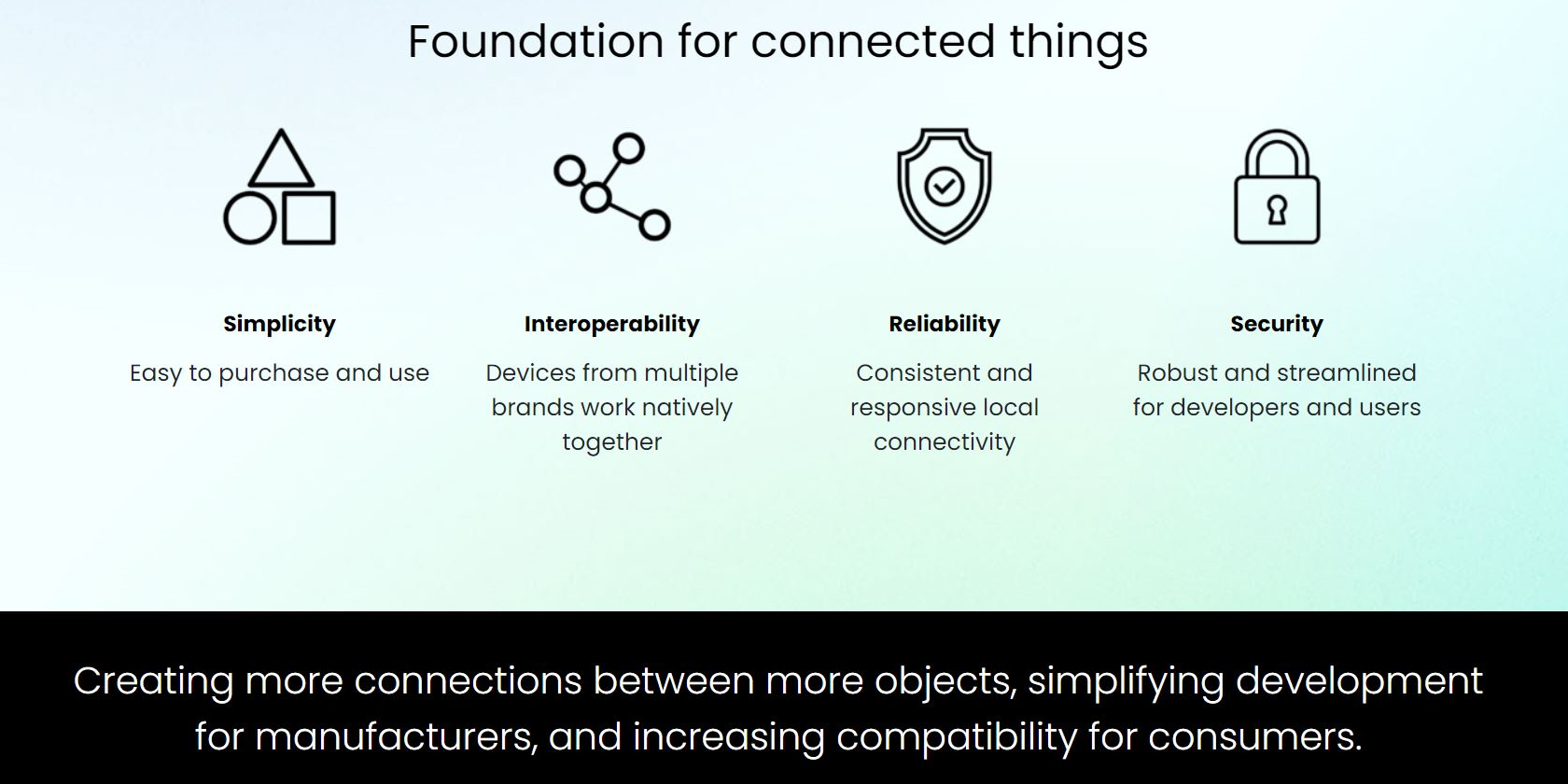Your smart home might be getting smarter. Especially if you use Wyze Labs products. This is because Wyze Labs has joined the Matter Alliance with the goal of helping all smart home products interoperate.
In this article, we explain what Matter and the Matter Alliance is, and explore how it might improve your smart home in the future.
An Overview of Wyze Labs
Wyze Labs manufactures smart cameras, doorbells, light bulbs, power outlets, weight scales, exercise monitors, and more. The decision to join Matter may have been made with the customer in mind. The Wyze Labs founding members met while working at Amazon, and adopted a customer-centric business philosophy.
The company entered the Smart Home realm in 2017 with the Wyze Cam, with the ambition to compete with existing smart cameras which they believed were overpriced, of low-quality, and unreliable. WyzeCam helps travelers stay connected with their families at home, and is affordable, easy to set up, and controllable by a smartphone.
The WyzeCam and subsequent products take the plug-and-play concept to a new level. You can place them in any room of your house, and they will quickly and wirelessly join your network and integrate with your smart home system.
An Overview of Matter
Matter is a new standard developed for existing and future smart home devices. With the Matter seal of approval, consumers should feel confident in the reliability and interoperability of multiple smart home products.
Matter also hopes to standardize, streamline, and simplify development of smart products, so manufacturers need only conform their products to the single standard. Some prominent smart home players which have joined the Matter alliance include Apple, Google, and Amazon.
Matter builds upon proven technologies guided by the Connectivity Standards Alliance (formerly Zigbee Alliance) with four foundational concepts:
- Simplicity: Matter wants smart home products to be easy to purchase and easy to use.
- Interoperability: Matter wants devices from different manufacturers to automatically work together.
- Reliability: Your smart home products should consistently provide quality service through your home network, without the need for frequent troubleshooting.
- Security: Developers should apply robust, streamlined safeguards to their products so hackers can't invade your smart home.
How Matter May Improve Your Smart Home
What, specifically, will Matter do for your smart home? To help explain, we might start with what your smart home (sometimes) does not do.
If you have ever asked Amazon's Alexa smart assistant to turn on a Wyze smart light, you may have heard her reply with, "Your light isn’t responding." There could be lots of reasons for this, but when your smart light communicates under the Matter standard, it could help.
To use a crude language analogy: Matter will provide a common language for the communication between smart home products. Right now, Alexa might be speaking French while your smart light only understands German.
True, typical smart home devices already communicate through a common IP "language," so perhaps a better analogy is that Alexa speaks one French dialect while the smart light speaks another. The point being that things can get lost in translation.
Under Matter, both devices will operate under standardized communication. Under Matter, both devices will "speak" Matter. Under Matter, your Wyze light might always turn on when you request it through Alexa (at least in the case where interoperability issues are concerned).
Not to get too technical, but we can also use a crude hardware analogy. What type of hardware do your smart devices use to talk to each other? Alexa may use a walkie-talkie, while your smart light may listen for both megaphones and walkie-talkies at the same time. Which makes things too complicated. That light may not turn on, and Alexa may tell you that something didn't work.
Under this analogy, Matter would require that all smart devices use walkie-talkies (no megaphones allowed), and that they use a specific walkie-talkie radio frequency. The technology your smart products employ is obviously, thankfully more sophisticated than walkie-talkies, but hopefully the analogy makes sense.
We should throw in a crude cultural analogy too, because in addition to communication and hardware standards, Matter addresses protocol, or how smart devices interoperate. Under Matter, Alexa will take a courteous bow to the smart light before requesting that the light turn on (or in technical terms, Alexa will precede communication with a standardized data packet which the light expects).
Under Matter, your outdoor lights should consistently turn on when you control them through your Nest Hub Max. Under Matter, your Kwikset smart locks should lock when you ask Siri to make sure your house is secure.
And now that Wyze has joined, your video footage should quickly and securely display when needed to on your Echo Show. All of these things are already possible, but Matter and Wyze hope to enhance the capability and improve the process.
How Smart Home Security May Improve Under Matter
Security is a concern for most smart home consumers. The thought that hackers could access an in-home Wyze camera might be particularly concerning. In fact, Wyze Labs suffered a security breach which may have leaked the data of millions of Wyze users.
By joining the Alliance, Wyze will prioritize an important Matter foundational element... security. Maybe this change wouldn't have prevented the recent data breach, but a standardized security approach under Matter could prevent future ones.
You Might Want to Wait Before Investing
Wyze Labs and other manufacturers may need to update product hardware to comply with Matter, so some of your existing smart home devices may never benefit. In fact, it might take a while for widespread hardware compliance.
Matter is expected to launch at the end of 2021, but obviously there's no concrete date by which all participating manufacturers will comply. If you're concerned with Matter compatibility, it might make sense to wait before purchasing some smart home products.
Co-Operation Is the Key to a Smart Home Future
Matter's goal is to standardize smart home communication, hardware, and operating procedures. Cooperation and standardization is the complicated way of saying that “playing nice” is the best approach for the smart home industry.
Matter intends to unite different companies in their differing product development approaches, to cooperatively provide secure, simple, reliable smart home services.




